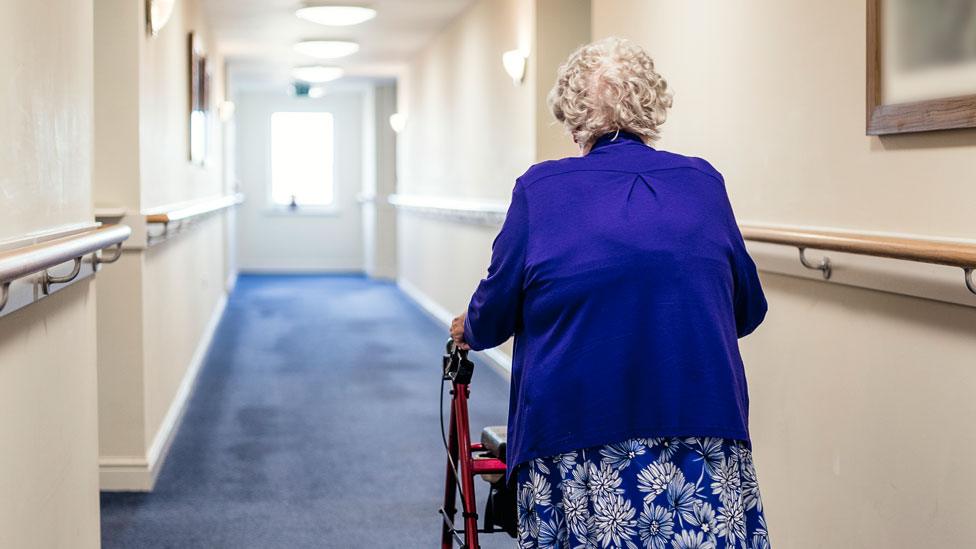Coronavirus: Disability charity concerned at testing for carers
- Published
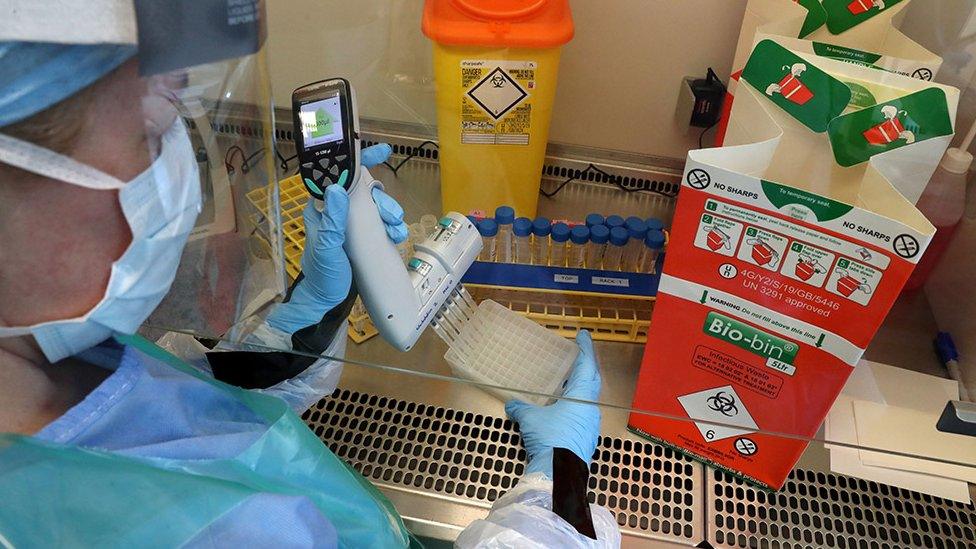
Rhian Davies some disabled people were cancelling support visits over fears untested staff may infect them
A disability charity is concerned about possible human rights breaches caused by Wales' coronavirus test policy.
BBC Wales has been told care workers are struggling to get tested, despite qualifying last weekend.
It follows calls by the Older People's Commissioner for the Equality and Human Rights Commission to investigate test policy.
Wales' First Minister Mark Drakeford said he would do "all the things in his power" to protect people.
Rhian Davies, chief executive of Disability Wales, said it was "not acceptable" that eight weeks into lockdown some support workers were still awaiting tests.
She said it was leading to some disabled people cancelling support visits over fears untested staff may infect them.
"Some of our members are saying to us they actually spend most of their time in bed because it's difficult to get up and get dressed or be out and about in the home without support," Ms Davies said.
"It feels like a massive risk, whether it's an individual in their own home or in a residential care setting… because anybody could have it."
She said staff needed "ready and frequent access to testing".

Mark Drakeford said he would do "all the things in his power" to protect people
Without this disabled people were "at risk almost indefinitely" she said.
They would be "last out of lockdown", if testing was not rolled out to support workers sooner, Ms Davies said, and quality of life gains made in recent decades would be lost.
She agreed that concerns raised by the Older People's Commissioner for Wales over human rights also applied to disabled people.
"We've seen a number of issues emerging in a way disabled people's human rights are in breach or potentially breached," Ms Davies said.
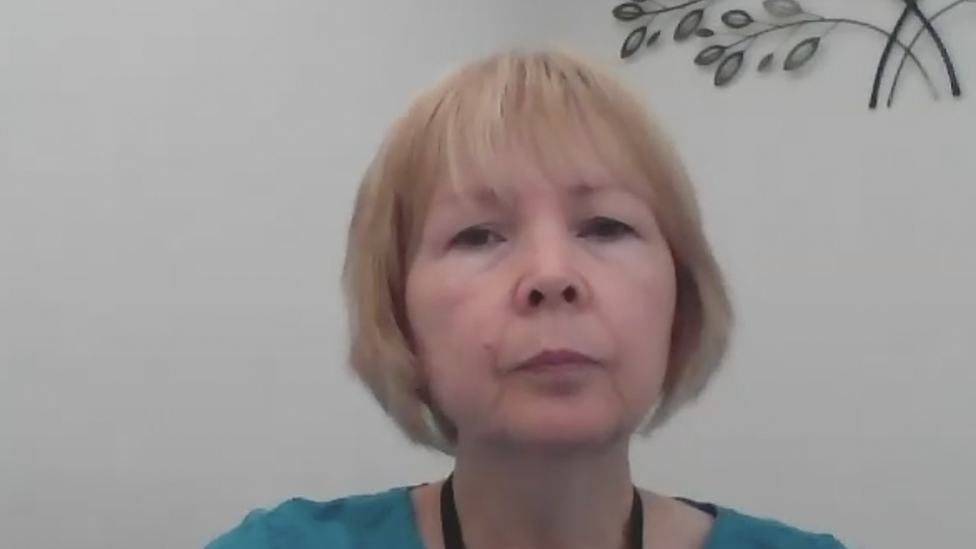
Disability Wales boss Rhian Davies said it was "not acceptable" some were still awaiting tests
"Testing is an important way to ensure disabled people's human rights are safeguarded."
Rev John Hancock is director of The Carningli Trust which runs four residential homes in Pembrokeshire and Carmarthenshire for adults with learning disabilities.
Many residents have underlying health problems, and fear they would die if they caught the virus.
Mr Hancock said despite the policy change, he was struggling to get tests for staff and agreed the human rights of residents may have been breached.
"I regret having to take this sort of step to get the ear of the decision makers, to get some leadership, to get the testing that the people that do this work desperately deserve," he said.
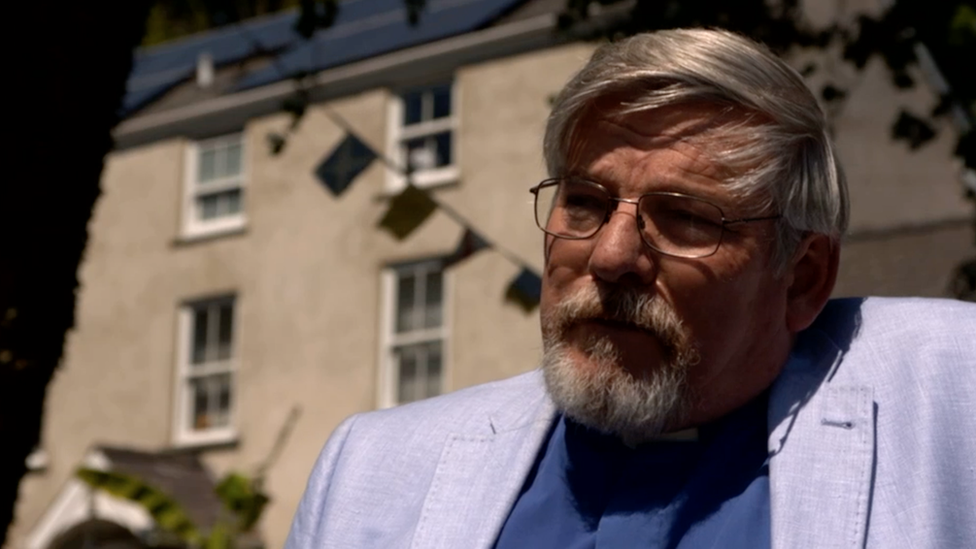
Carningli Trust director John Hancock said he was struggling to get tests for staff
"I really don't understand how it is that the Welsh Government can get away with not doing everything reasonably practical when the life of the people in our care homes is on the line.
"People we know, love and have cared for, for many years, will die unless we plug this hole about infections getting into care homes through asymptomatic workers.
"Testing is the only way you can stop it."
Jared Brookman, deputy manager of one of the homes, said testing was important as staff "don't have an option to work from home or distance ourselves".
"We're doing personal care and activities, and we can't do that from a distance," he said
"If you knew in the early stages that you had it, you could stop yourself from going to work."
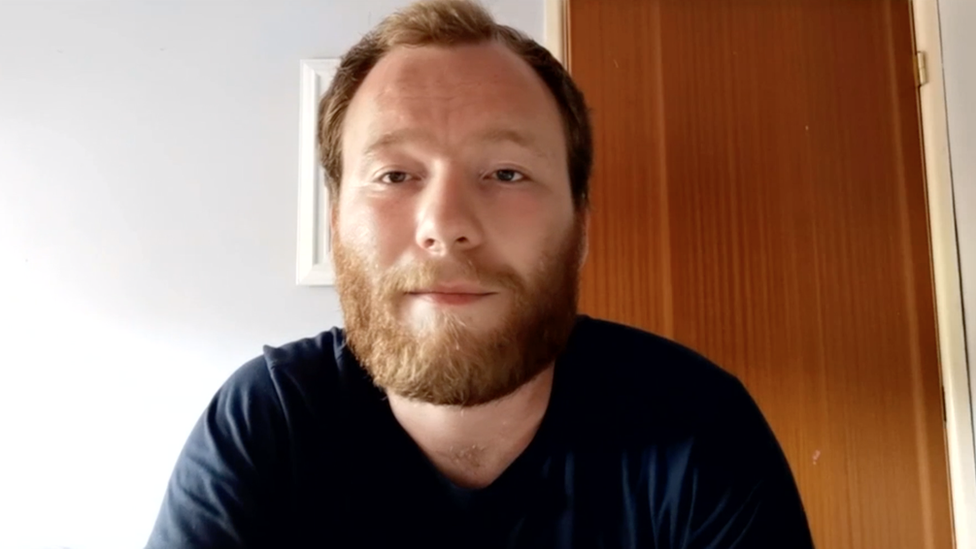
Care home deputy manager Jared Brookman said staff needed tests because they cannot work from home
Mr Drakeford told BBC Wales he was "more determined than ever" to do "all the things in his power" to protect people.
He said: "Where there are blockages to the policies that we have announced being delivered in practice, then we work very carefully with the sectors, with those people who have the day-to-day responsibilities for delivering those services, to try to make them as good as they possibly can be.
"That is what we work on all day, every day here in the Welsh Government, and that's what we will be doing in the weeks, and no doubt beyond that, ahead."
- Published1 March 2023
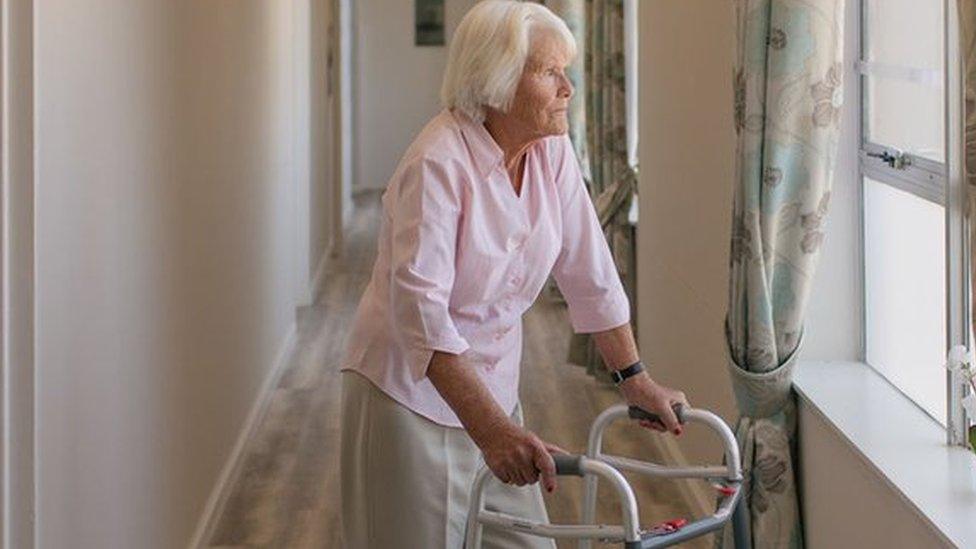
- Published18 May 2020
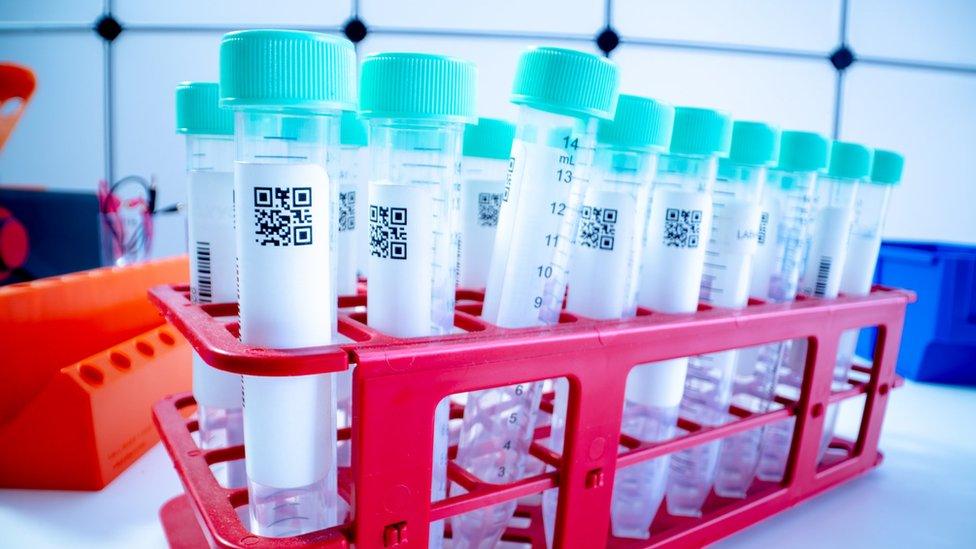
- Published19 May 2020
